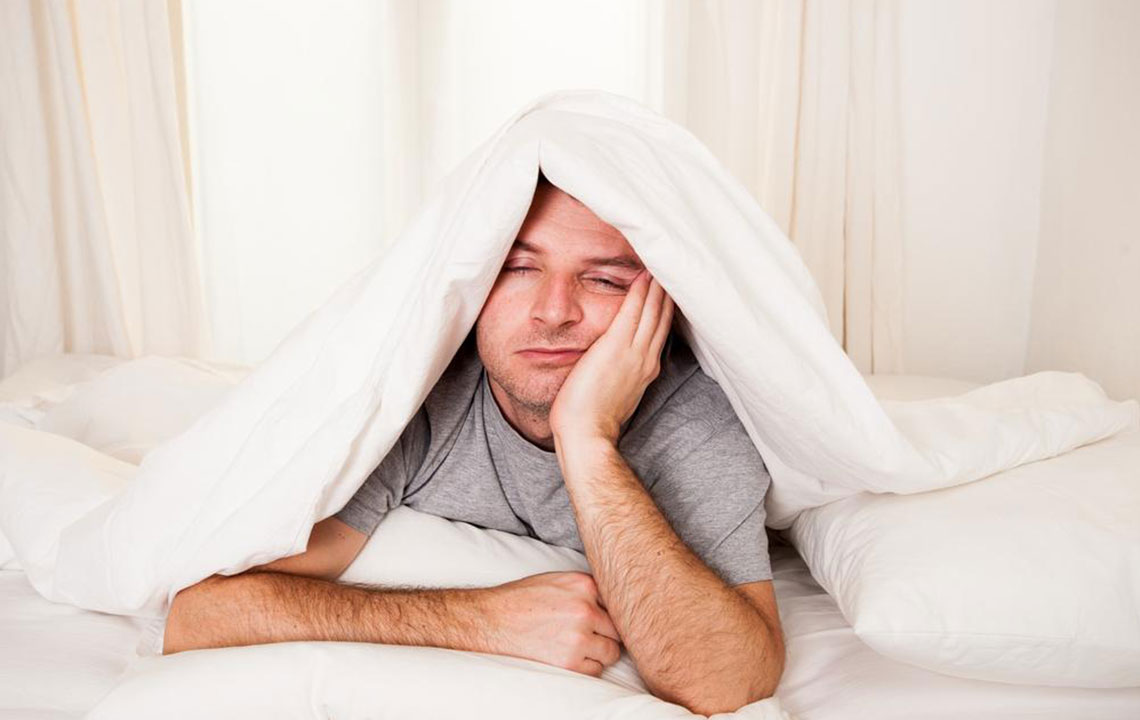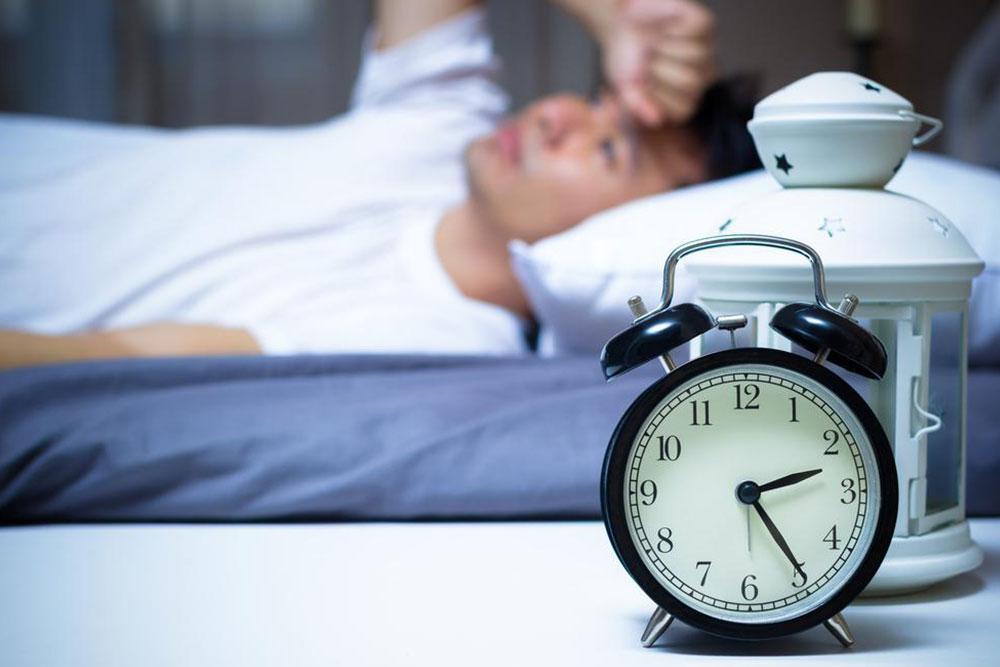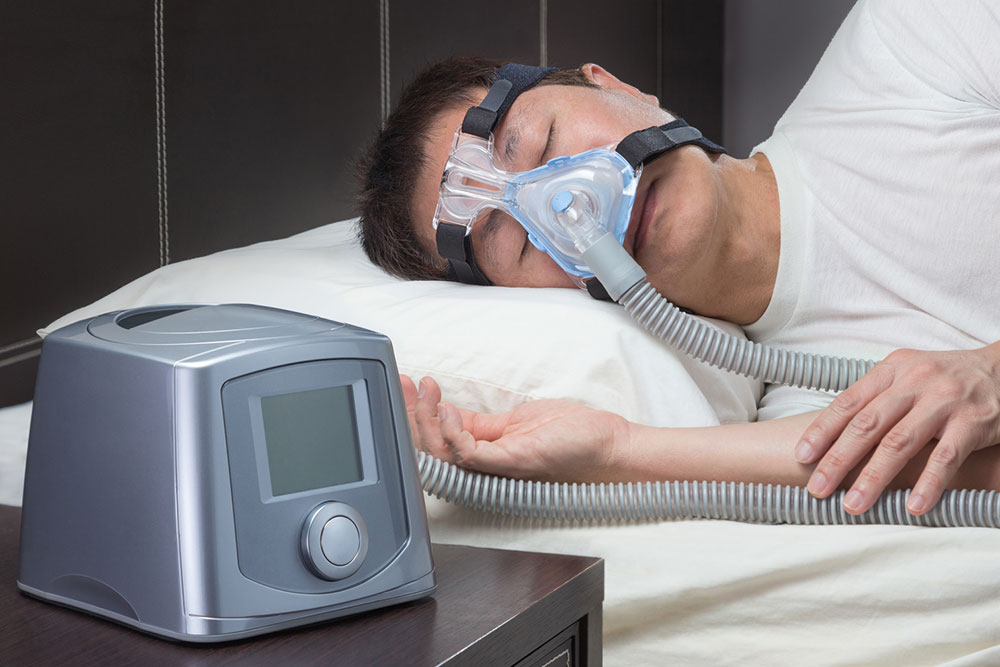Effective Strategies to Overcome Sleep Disorders
Learn effective methods to treat sleep problems, including behavioral therapy, medication, holistic approaches, and lifestyle tips. Consulting healthcare professionals ensures personalized and safe treatment plans for various sleep disorders, promoting better health and well-being.

Effective Strategies to Overcome Sleep Disorders
How to successfully treat sleep disturbances
Sleep issues, also called somnipathy, are conditions that disrupt normal sleep patterns. An average adult needs at least 6-8 hours of quality sleep to maintain good health. Reducing sleep hours can lead to negative health effects. Many people encounter sleep problems at some point, often due to stress, anxiety, or emotional distress, though some causes are more complex and difficult to resolve.
Polysomnography and actigraphy are primary diagnostic tools used for identifying sleep disorders. Conditions such as insomnia, sleepwalking, bedwetting, and sleep apnea can impact blood sugar levels, causing depression, fatigue, sluggishness, and in severe cases, life-threatening issues.
Advances in medicine have enabled effective treatments for sleep issues. However, therapies vary depending on the individual's condition, mental state, and specific disorder.
Specialists like neurologists, pulmonologists, and otolaryngologists often handle sleep-related illnesses. Effective treatments include:
Behavioral Therapy This approach, part of cognitive-behavioral therapy, involves techniques such as muscle relaxation, deep breathing, visualization, and self-hypnosis. It also helps identify underlying causes and dispel misconceptions about sleep, making it a safe, side-effect-free option.
Medicinal Solutions Doctors may prescribe medications such as Eszopiclone, Ramelteon, Trazodone, or Zaleplon. These medications should only be taken under medical supervision, with proper dosage. For conditions like narcolepsy, drugs like Modafinil are commonly used.
Holistic Treatments Techniques like meditation, reflection, and contemplation are considered effective long-term solutions. Regular practice can significantly alleviate symptoms of certain sleep disorders.
Hypnotherapy This method involves guided hypnosis to enhance relaxation and address sleep problems. It's essential to seek professional hypnotherapists with proper credentials to ensure safety and effectiveness.
Addressing Psychological Factors Managing stress, fears, and anxiety can have a profound impact on sleep quality. Staying calm and rational helps reduce mental burdens affecting sleep.
Melatonin Supplementation As a natural hormone produced by the pineal gland, melatonin helps regulate sleep cycles. It’s considered safe for up to two years, but prolonged use may cause side effects like headaches or vision issues.
Music Therapy Listening to calming music may improve sleep quality. While research continues, this approach can be a helpful, non-invasive option individuals can use independently.
These treatments, recommended by healthcare professionals, have shown promising results. Always consult a doctor for personalized diagnosis and therapy plans to ensure safe and effective management.










